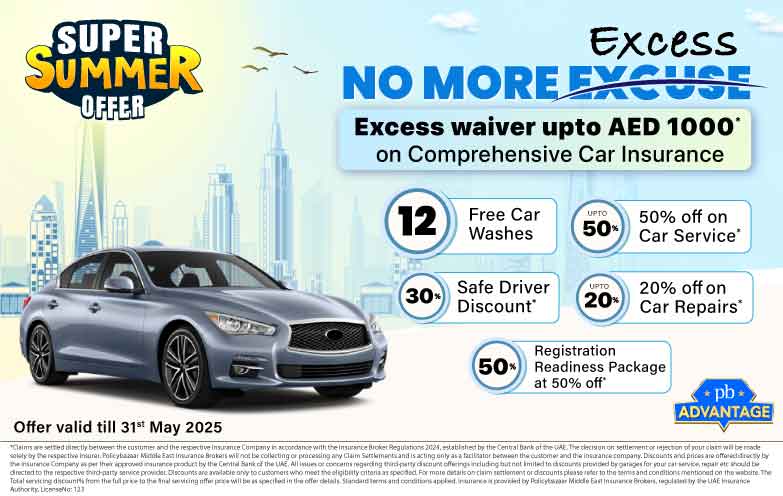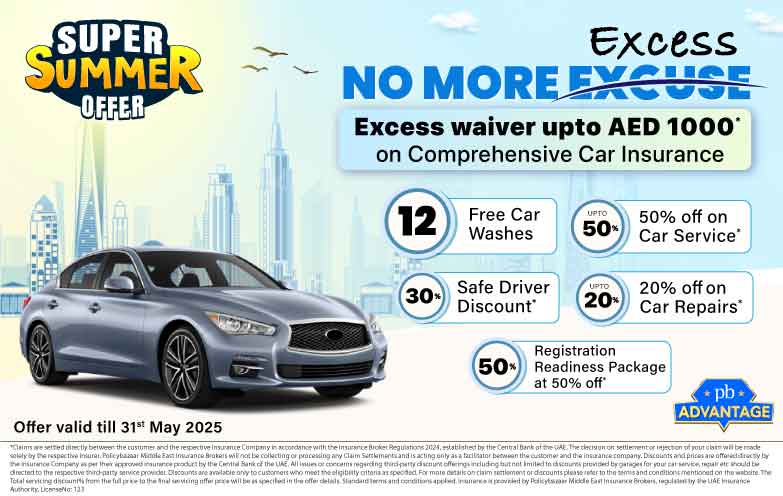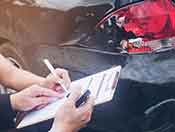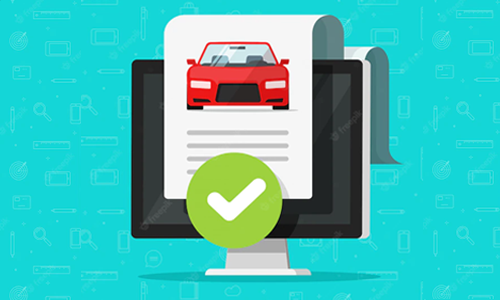For example, not buying suitable car insurance in UAE. Getting suitable insurance for your car is not just necessary, but also mandatory by law.
Now,
Mentioned below are a few things that you should never do your car.
Stop Overfilling the Tires for Better Mileage
You must have come across people who claim that they have increased their mileage just by pumping their tires to the maximum pressure mentioned on the sidewall. What they forget to tell you is the increased repair costs due to premature tire wear.
The fact is that the recommended tire pressure for your vehicle is based on vehicle weight along with the best possible handling and it is mentioned on a placard inside the driver’s door frame. Overfilling the tires results in longer stopping distances, causing the tires to slip and hydroplane on wet roads and thus resulting in reduced tire life.
Hence, it can be concluded that inflating the tires to the maximum listed pressure is okay if the vehicle is carrying a heavy load. However, to get better mileage and long tire life the pressure must be reduced to the recommended Pascals once the load is removed.
Forget the Old Trick to Test the Alternator
Still disconnecting the battery cable from running engine to test the alternator?
While it used to be a perfect way to test the alternator in your car, it was a thing of past and you should never try this with modern machines. The reason is the voltage surge. When you disconnect a battery cable while the engine is running, the alternator spikes a surge of 25 to 125 volt within 40ms after cable removal. This surge won’t do anything to an old non-computerized car, but it instantly damages the computers and expensive electronics used in new cars.

Not Taking an Appropriate Car Insurance
If you own a car in the UAE, having auto insurance is compulsory. Driving your vehicle without the insurance is amongst the things you should never do to your car. Compare various insurance providers and policies available in the UAE market and then buy the policy that suits your requirements as well as preference the most.
There are 2 types of policies available in the UAE- comprehensive as well as third-party liability. The TPL covers only the third-party in case of an accident, while a comprehensive plan covers your third-party liability along with various other add-ons.
These add-ons can be roadside assistance, agency repairs, windscreen cover, medical expenses, towing away of car, and much more. Now, which plan is better amongst the two? Which one should you go for? This entirely depends upon you. As in, you must select a plan that not only covers your requirements as well as your car’s but, is also in coordination with your budget. Research well and select wisely.
The “Universal” Fluid is Not for Your Power Steering or Transmission
Various fluid manufacturers declare their “universal” power steering and transmission fluids work in all the car models. But this isn’t true at all; a single fluid cannot meet the additive and viscosity requirements for every transmission and power steering system.
Each and every car model comes with a manual in which the fluids which are compatible with the new technology have been mentioned. It is advisable to use only the recommended fluids and refrain from using some so-called universal fluids. Your vehicle will only work efficiently if it is taken care of in the right manner. So it is simply not worth taking a risk using non-approved fluid in expensive components like your transmission or power steering.
Refrain from Mixing Up the Power Steering Fluid and Brake Fluid
If you want to save yourself from a hefty expenditure of getting your car repaired, remember never to mix power steering fluid and brake fluid. Adding the wrong fluid to either of your brake or power steering systems, the repair will surely dig a big hole in your pocket. Power steering fluid puffs-up the seal in the bake leading to a total brake failure.
On the other hand, pouring brake fluid into the power steering reservoir leads to a failure of the pump and the steering gear. So when your car goes for repair, the mechanic will have to replace or rebuild the calipers, master cylinder, wheel cylinders, and the proportioning valve. All this will have to be done, just because you didn’t pay enough attention. So always remember to double-check before you refill the brake and power and steering fluid reservoir.

Never Drive When Your Oil Light is On
All cars have a feature to warn you when the oil pressure is low. If the “low oil pressure” warning light comes on while driving, you should immediately stop driving as this could be a sign that your car is treacherously low or completely out of oil. Else, it could also be a sign that your vehicle a clogged oil passage resulting in oil starvation has, a leak that is causing a drop in the pressure, or the failure of the oil pump.
Whenever you face any such situation just pop the hood and check the level of oil in the vehicle through a dipstick. If the dipstick says that the level is dangerously low, do not restart the car. It may wreck the engine. Call your friend or family to bring oil for your car or alternatively call a tow truck.
Final Words
Even after adopting every step to ensure that your vehicle lasts long, it may happen that it may cease to function efficiently. After all, every machine degrades and your car is no exception. For such scenarios having car insurance can save you from the hassle.
More From Car Insurance
- Recent Articles
- Popular Articles
















